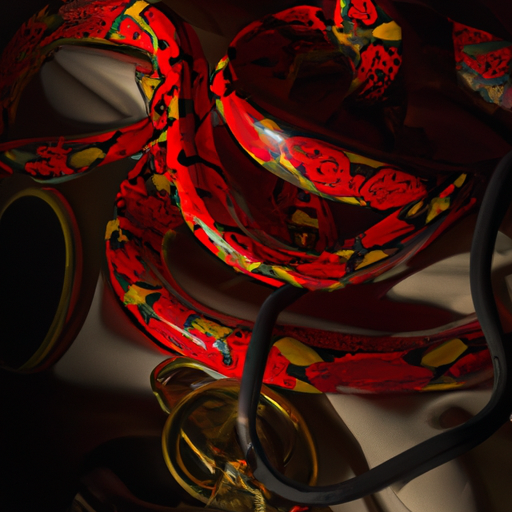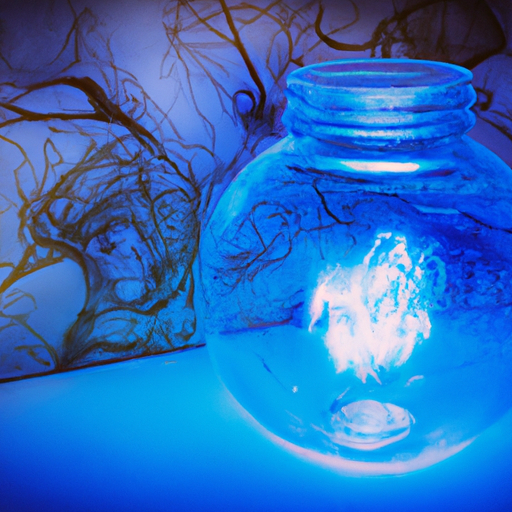
It was a Thursday night, and like any other, I went to bed after a long day at work. Little did I know, that night would change how I viewed my inner self forever. I had a dream that felt so real, so intense, that it still lingers in my mind. I was drowning. The feeling of water filling my lungs, the panic of struggling to breathe, and the helplessness of being pulled deeper into the abyss—it was all too vivid.
When I woke up, I was gasping for air, my heart pounding in my chest. I sat up in bed, trying to shake off the lingering fear. What does drowning in a dream mean? I had to know. I reached for my phone and began to search for answers. The internet was filled with interpretations, each more intriguing than the last. Some said it symbolized overwhelming emotions, while others suggested it pointed to a fear of losing control. But none of these explanations felt entirely right to me.
I decided to dig deeper, looking into the psychology of dreams and the subconscious mind. I read about how dreams could be a reflection of our deepest fears and anxieties, often surfacing in ways that are metaphorical rather than literal. I realized that the sensation of drowning might not be about water at all—it could be about something much deeper within me.
As the days passed, I started to pay more attention to my waking life. I noticed how stressed I had been at work, the unrelenting deadlines, and the mounting pressure to perform. I had been so caught up in my responsibilities that I hadn’t taken a moment to breathe. My dream was a manifestation of my subconscious mind crying out for help, telling me that I was, in a sense, drowning in my own life.
To address this, I knew I needed to make changes. I started by setting boundaries at work, ensuring that I had time to relax and recharge. I took up meditation and mindfulness practices, allowing myself to become more attuned to my mental and emotional states. I also sought support from friends and family, sharing my experiences and receiving their guidance.
Over time, the sensation of drowning in my dreams lessened. Instead, I began to dream of swimming—sometimes in calm waters, other times navigating gentle waves. These new dreams felt empowering, as if I had gained control over the currents that once threatened to pull me under. I realized that by addressing the root causes of my stress and taking proactive steps to manage them, I was able to transform my subconscious fears into symbols of resilience and strength.
Reflecting on this journey, I’ve come to understand that dreams, no matter how unsettling, can serve as powerful messengers from our inner selves. They reveal what we might not be able to see in our waking lives and offer us clues on how to navigate our personal struggles. What does drowning in a dream mean? For me, it was a wake-up call—a sign that I needed to take better care of myself and find balance amidst the chaos.
Now, whenever I encounter challenges or feel overwhelmed, I remember that night and the lessons it taught me. I remind myself to breathe, to stay present, and to trust that I have the strength to swim through whatever comes my way.






